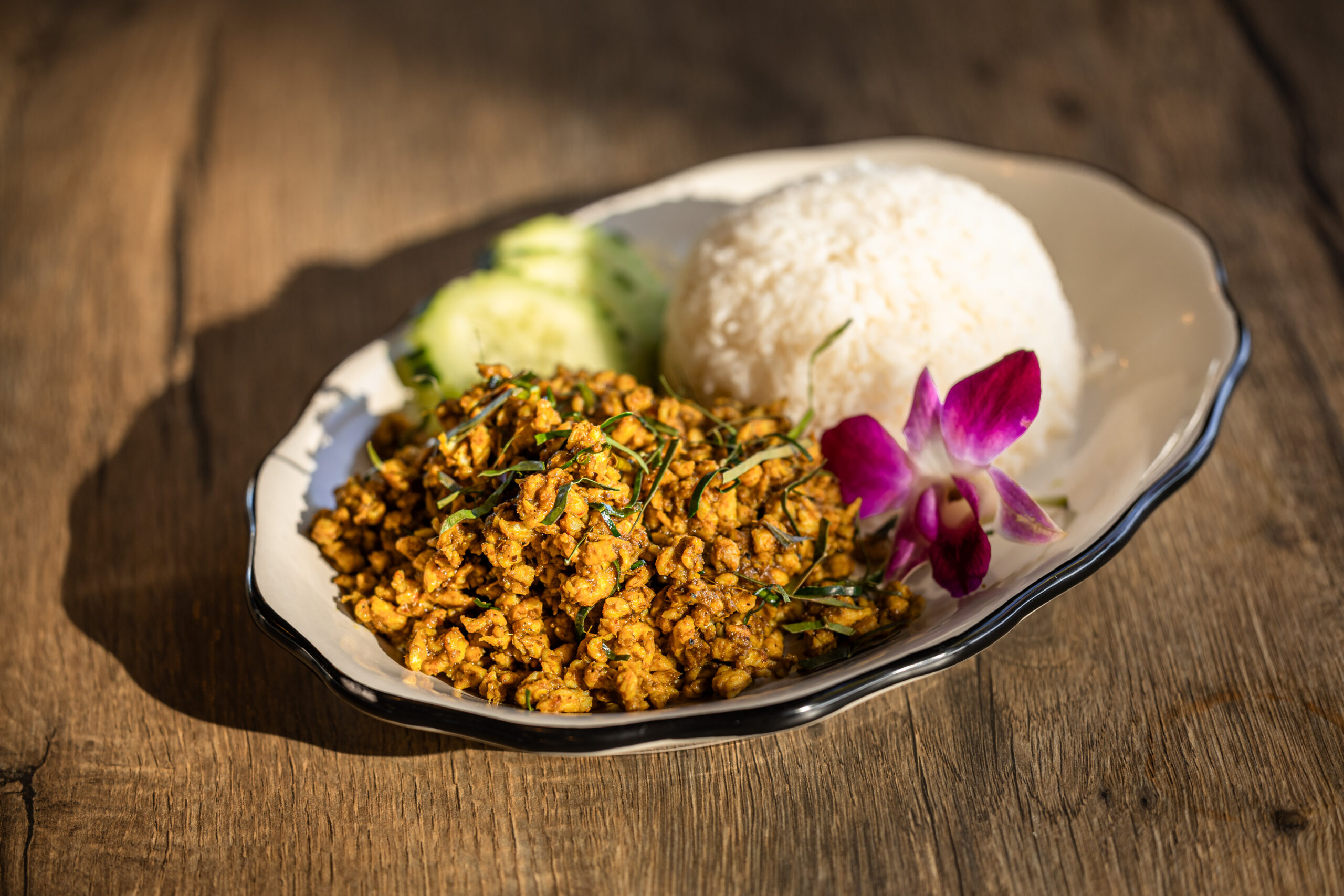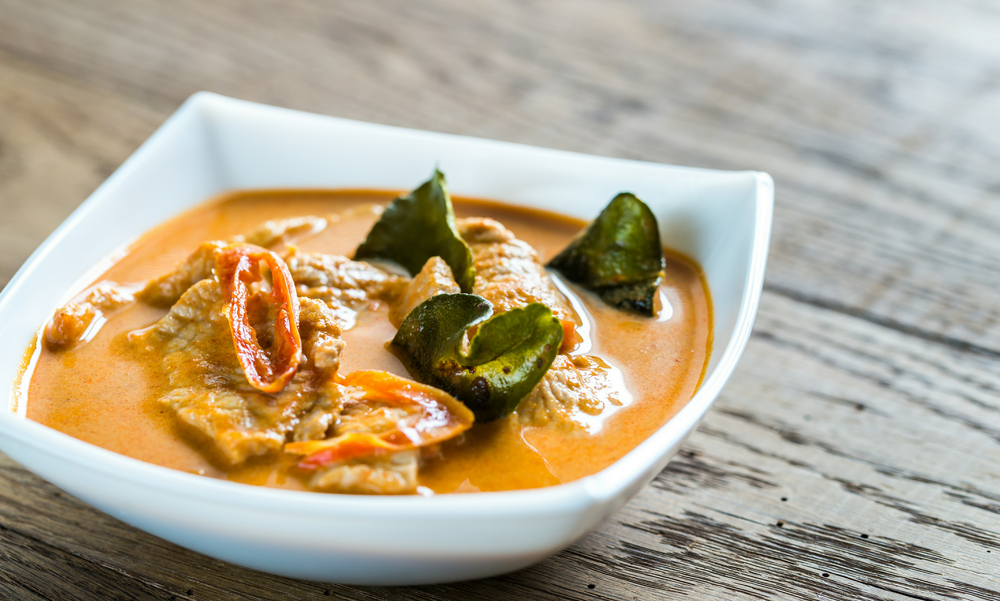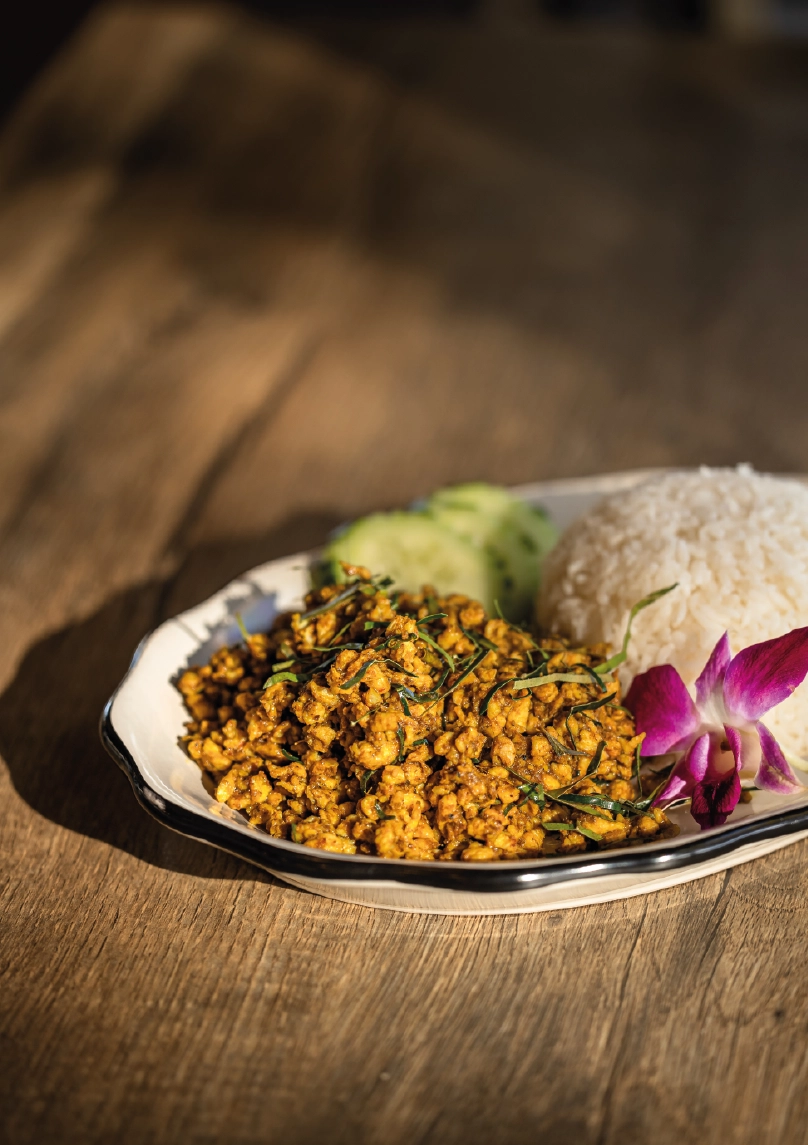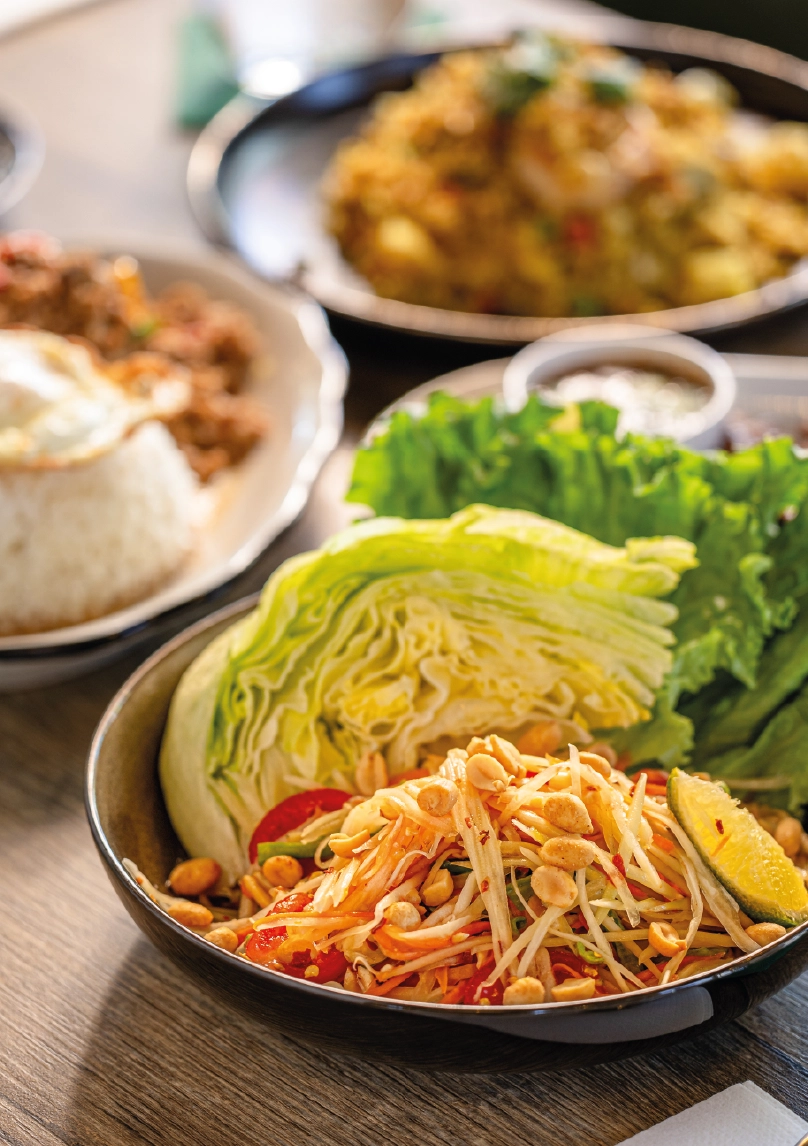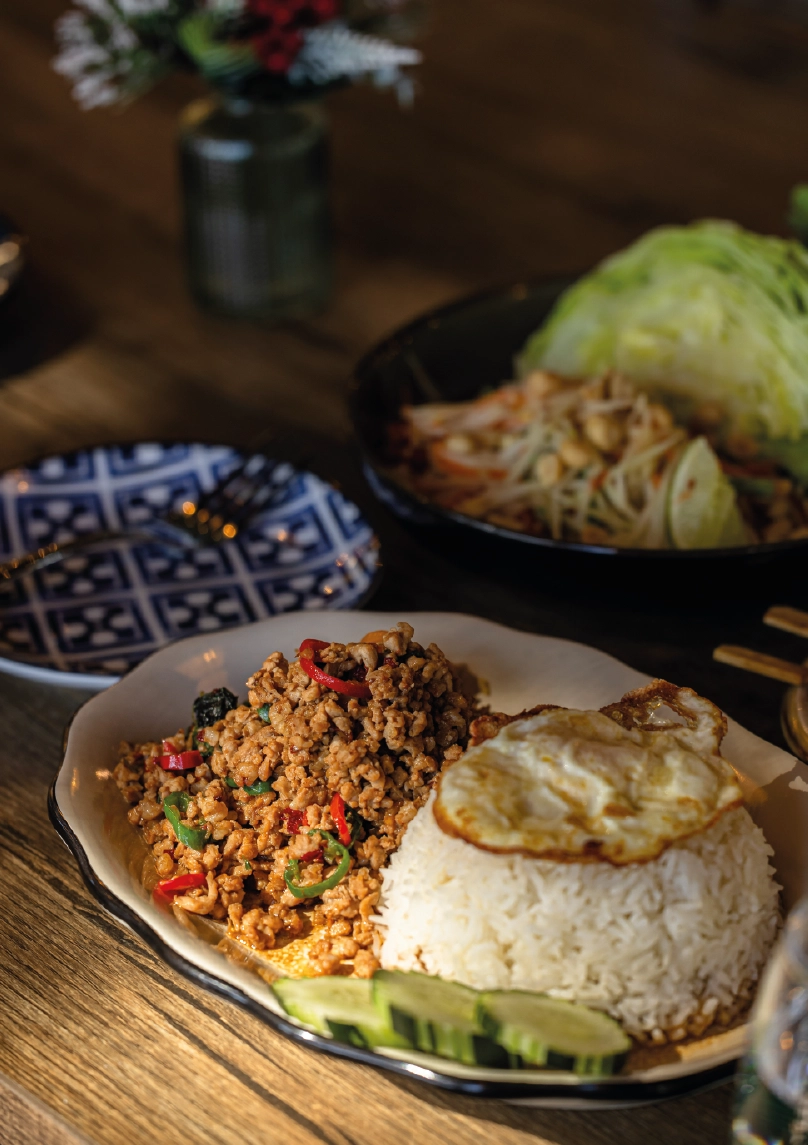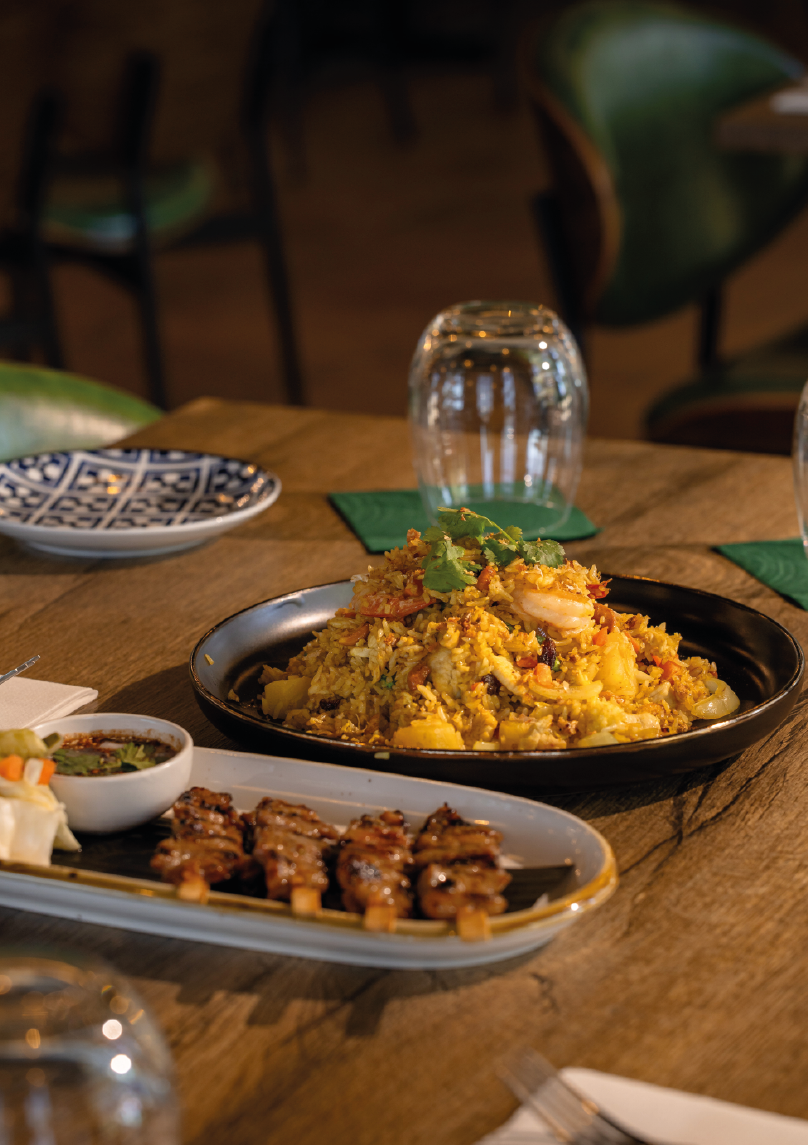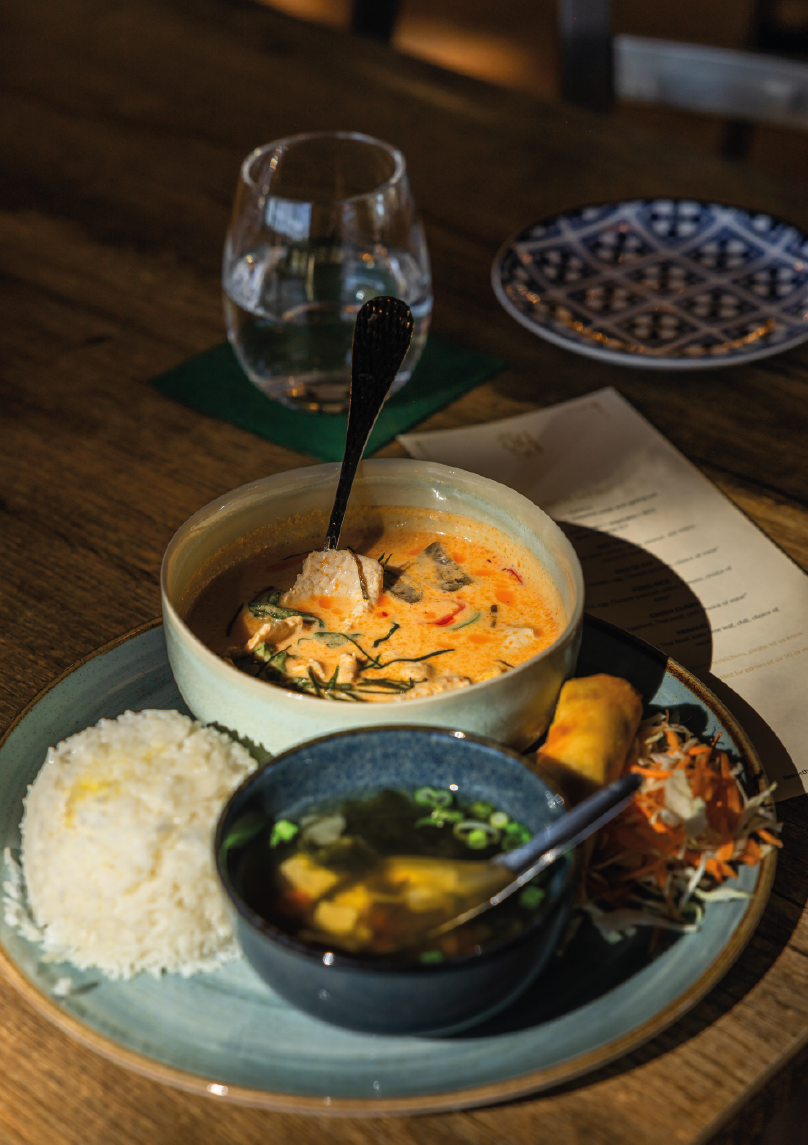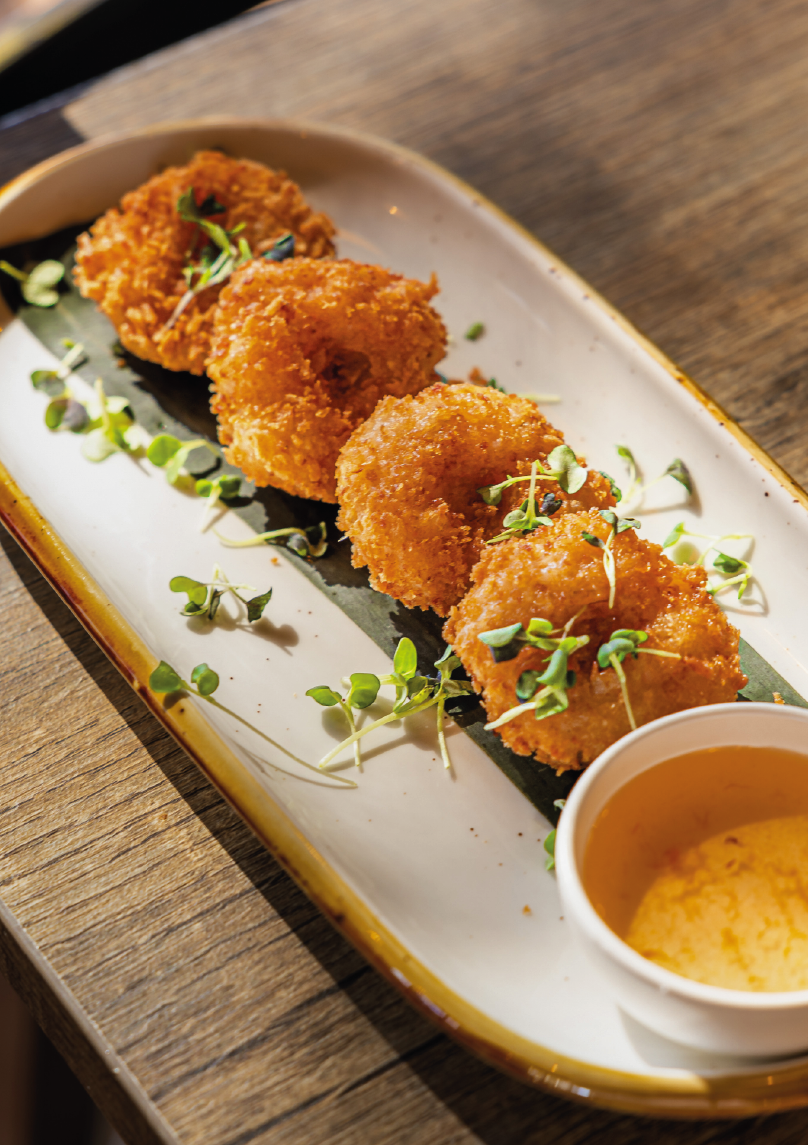Thai cuisine is loved worldwide for its incredible flavors, vibrant colors, and appealing aromas. But when you’re mindful of your diet, the question arises: is Thai food healthy? While Thai dishes are typically known for fresh ingredients and balanced flavors, it’s essential to understand which dishes align with your dietary goals.
In this blog, you’ll discover the health benefits and potential concerns of Thai food, along with tips to make your Thai meals nutritious.
What Makes Thai Food Unique?
Thai cuisine stands out for its perfect balance of five distinct flavors: sweet, sour, salty, bitter, and spicy. Each dish aims for harmony, combining fresh vegetables, aromatic herbs, spices, and lean proteins. Unlike many cuisines, Thai cooking emphasizes minimal cooking and maximum freshness, resulting in healthier meals.

Is Thai Food Healthy Overall?
In general, Thai cuisine is considered healthy due to its use of fresh vegetables, lean proteins, and beneficial herbs. However, the healthiness of Thai food depends greatly on how dishes are prepared. Traditional Thai cooking methods, such as grilling, steaming, and stir-frying, often retain nutrients and limit unhealthy fats. But it’s important to note that certain dishes can be high in sugar, sodium, or saturated fats, depending on the ingredients used.
Healthy Ingredients Found in Thai Cuisine
Thai food incorporates many healthy and nutrient-rich ingredients, including:
Fresh Herbs and Spices
Thai basil, cilantro, lemongrass, ginger, turmeric, and chilies contain antioxidants and have anti-inflammatory benefits, promoting overall health.
Vegetables
Common vegetables like broccoli, bell peppers, carrots, cabbage, and bok choy offer dietary fiber, vitamins, and minerals essential for your diet.
Lean Proteins
Thai dishes commonly include lean proteins such as chicken, shrimp, fish, and tofu. These proteins support muscle health and are lower in unhealthy fats compared to red meats.
Healthy Carbohydrates
Rice, particularly jasmine and brown rice, provides necessary carbohydrates for energy. Opting for brown rice adds extra fiber and nutrients to your meal.
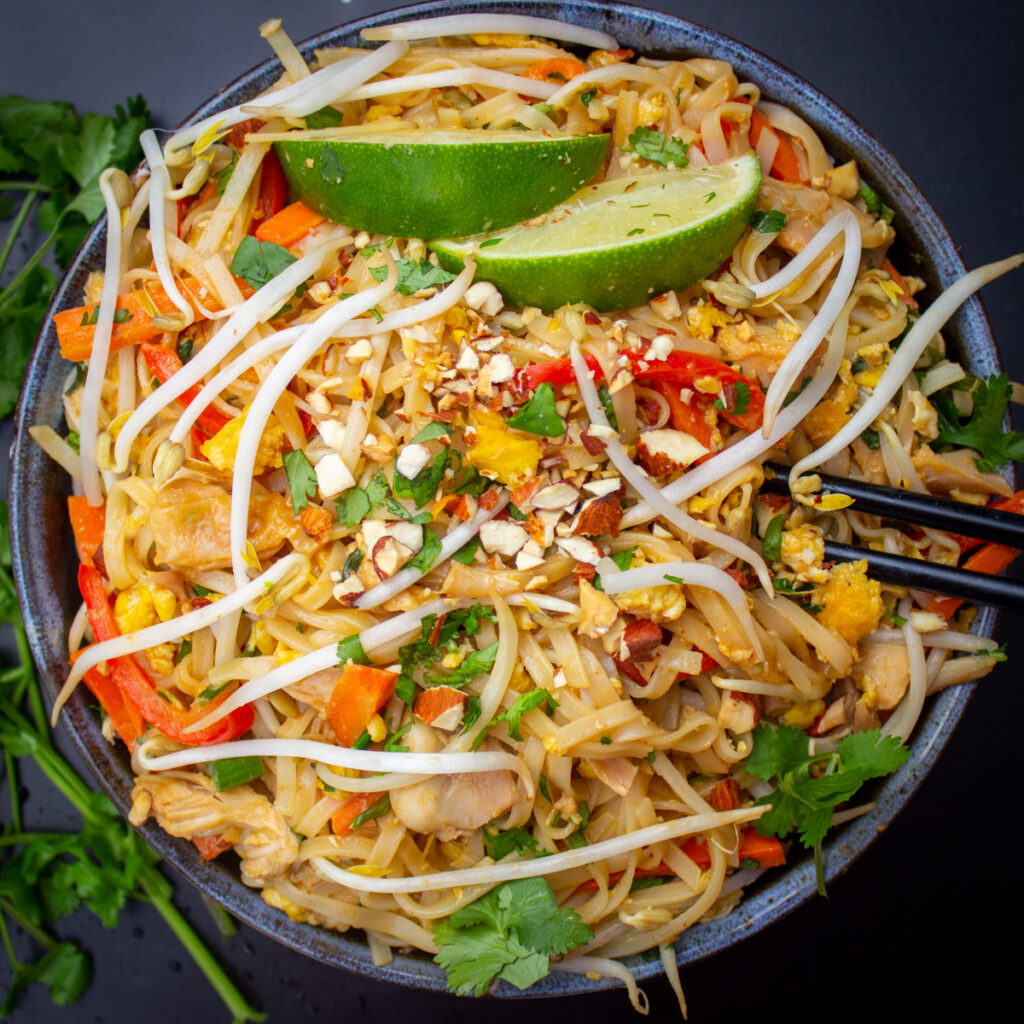
Popular Healthy Thai Dishes
If you want healthy Thai meal choices, consider these nutritious and tasty options:
Tom Yum Soup
This spicy and sour soup, usually made with shrimp or chicken, is packed with immune-boosting ingredients like lemongrass, chili, mushrooms, and lime juice. It’s low in calories but high in flavor.
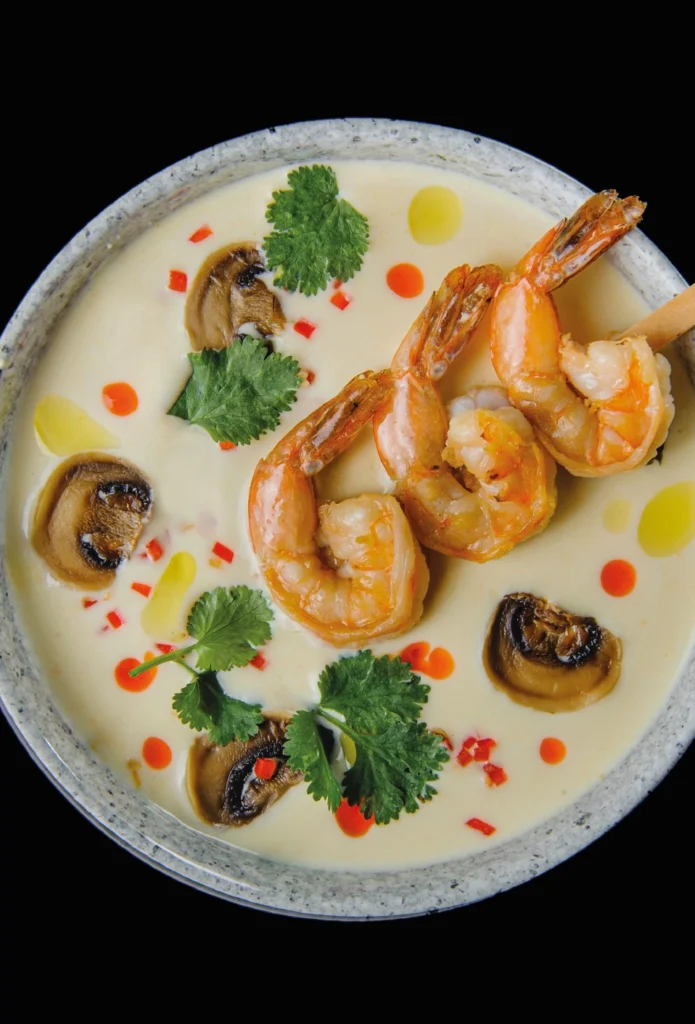
Green Papaya Salad (Som Tam)
A refreshing salad made with shredded green papaya, tomatoes, lime juice, peanuts, and chilies. It’s rich in fiber and vitamins, providing a nutritious and delicious meal or side dish.
Grilled Chicken Satay
Chicken skewers marinated in spices and grilled to perfection. Accompanied by peanut sauce, it’s a protein-rich dish. Opt for minimal sauce to reduce calories.
Thai Green Curry
Traditionally made with coconut milk, vegetables, and proteins like chicken or tofu. Coconut milk adds richness but use moderation to avoid excess saturated fats.
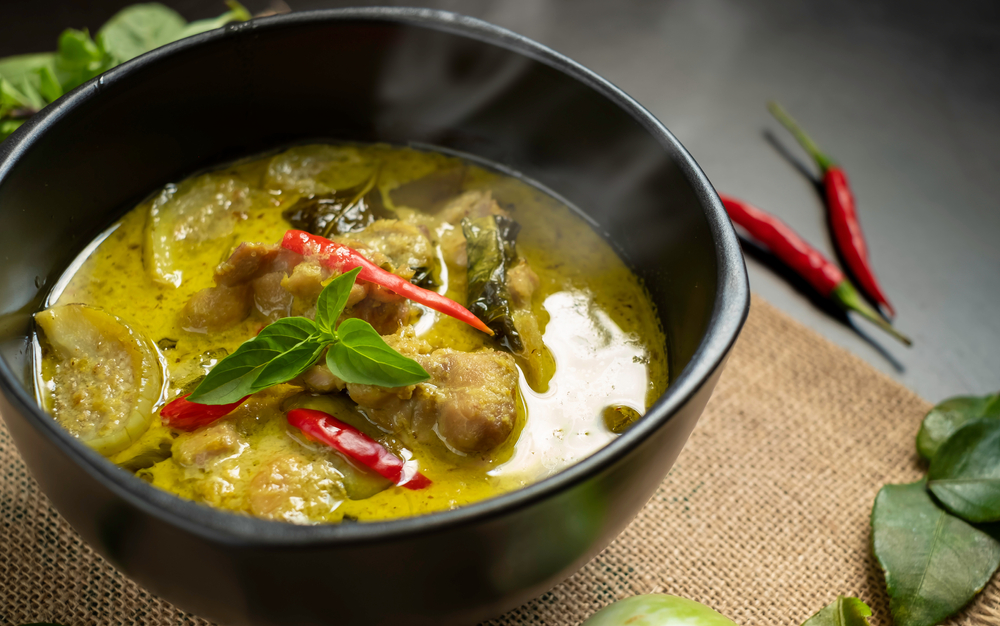
Stir-Fried Mixed Vegetables
Prepared by quickly stir-frying vegetables with minimal oil, this dish is a healthy and colorful addition to any meal, offering essential vitamins and fiber.
Unhealthy Elements in Thai Cuisine to Watch Out For
While many Thai dishes are healthy, certain ingredients and cooking methods might pose health concerns if consumed excessively:
Sugar Content
Some Thai dishes use sugar or sweet sauces, especially in curries, noodle dishes, and sauces. This can increase calorie intake, which might affect blood sugar levels.
High Sodium Levels
Thai food often uses fish sauce, soy sauce, and oyster sauce, which contain high sodium levels. Excess sodium can negatively impact heart health and blood pressure.
Saturated Fats
Dishes containing coconut milk, deep-fried items, and certain sauces have higher saturated fat content. Regular consumption may increase cholesterol levels.
Fried Foods
Fried dishes like spring rolls, fried noodles, or fried rice can significantly increase calorie and fat intake.
How to Make Thai Food Healthier
Enjoying Thai food in a healthier way is straightforward. Here are tips to optimize your choices:
Choose Grilled or Steamed Options
Prefer dishes that are grilled, steamed, or stir-fried over deep-fried ones. This reduces unnecessary fat and calories.
Request Less Sugar and Salt
When ordering Thai dishes, ask for less sugar or salt. Restaurants usually accommodate dietary requests, making your meals healthier.
Include More Vegetables
Choose dishes that emphasize vegetables, or ask for extra vegetables to increase fiber and nutrient intake.
Control Portion Sizes
Moderate portions are essential. Consider sharing dishes to avoid overeating and help control calorie consumption.
Opt for Brown Rice
Brown rice has higher fiber content than white rice, providing longer-lasting energy and better digestion.
Benefits of Regularly Eating Thai Food
Eating Thai food regularly, when chosen wisely, offers numerous health benefits:
Improved Digestion
Thai dishes rich in fiber from vegetables and herbs enhance digestion and maintain a healthy gut.
Boosted Immune System
Ingredients such as lemongrass, garlic, ginger, and chilies are known for their immune-boosting properties, protecting you against common illnesses.
Reduced Inflammation
Spices like turmeric, ginger, and chili peppers help combat inflammation, beneficial in reducing chronic disease risks.
Weight Management
Low-calorie, nutrient-rich dishes like soups, salads, and lean protein meals support weight management goals effectively.
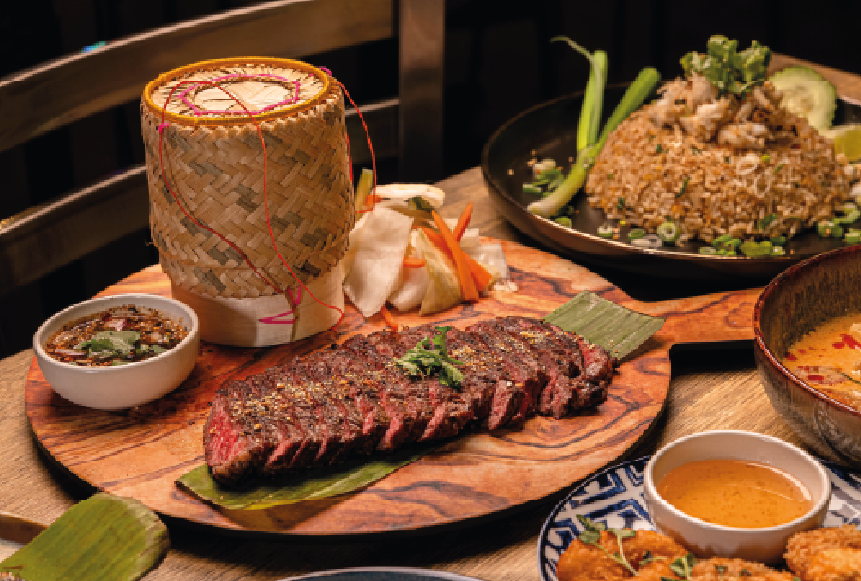
Who Should Be Cautious with Thai Food?
Though Thai cuisine is generally healthy, some individuals might need extra caution:
People with High Blood Pressure
Due to high sodium levels in sauces and pastes, individuals with high blood pressure should opt for low-sodium dishes.
Those Managing Diabetes
If you have diabetes, request dishes with minimal sugar, as some Thai recipes contain sweet sauces.
Individuals with High Cholesterol
If you’re managing cholesterol, limit dishes high in saturated fats from coconut milk or fried items.
People Sensitive to Spicy Foods
If you’re sensitive to spicy foods, request mild dishes to avoid digestive discomfort or irritation.
Easy Ways to Cook Healthy Thai Meals at Home
Preparing Thai food at home ensures healthier control over ingredients. Here are simple tips:
Use Fresh Ingredients
Fresh vegetables, lean proteins, and herbs ensure maximum nutritional value and flavor.
Opt for Light Cooking Methods
Use grilling, steaming, or quick stir-frying methods instead of deep-frying.
Prepare Your Sauces
Make sauces at home, using reduced-sodium soy sauce, less sugar, and minimal oil, ensuring healthier options.
Balance Flavors Mindfully
Thai food thrives on flavor balance. Mindfully control sweet, salty, and spicy components for optimal nutrition.
Final Verdict
Yes, Thai food can be very healthy, provided you choose wisely. Many dishes offer significant health benefits thanks to fresh ingredients, herbs, lean proteins, and nutrient-rich vegetables. Being mindful of sugar, sodium, and saturated fat content, along with controlling portion sizes, ensures you enjoy Thai cuisine as part of a balanced diet.
By making conscious selections, you can regularly savor delicious, vibrant, and nutritious Thai dishes that contribute positively to your overall health and well-being.
Visit Lim Ros for the best Thai food restaurant in Mailand, Orlando. Discover our Thai menu and enjoy your next Thai meal with confidence and mindfulness!


